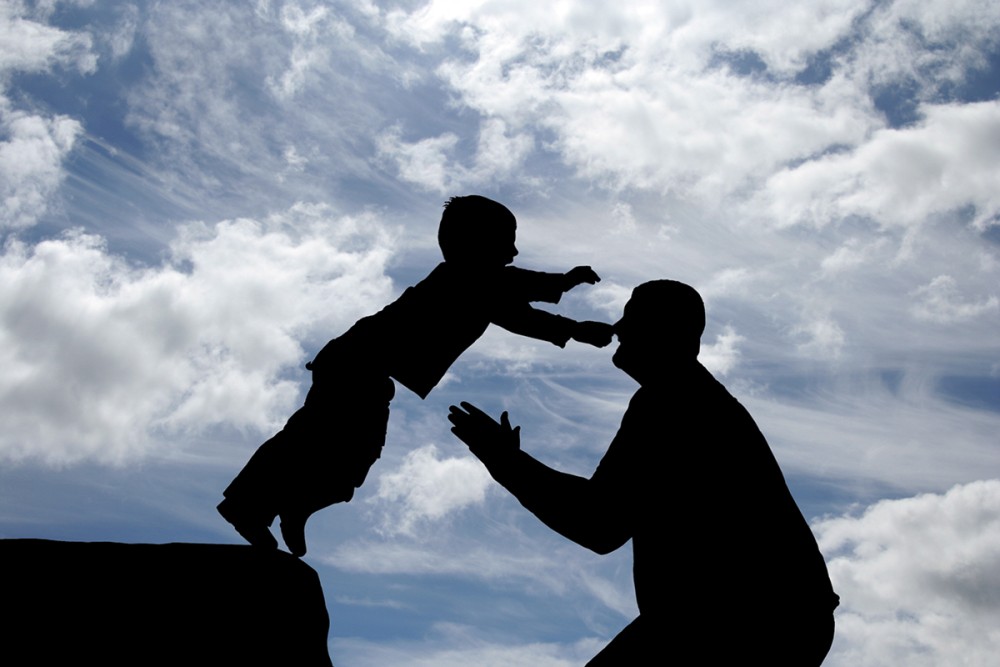
There are two kinds of faith. They sound the same but turn out to be very different. The first is the desire to attain a level of certainty, conviction, and passion that somehow carries us over the chasm of doubt, distress, and despair. It’s like psyching ourselves up before a game, exam, or difficult conversation so that we can be transported into a different realm of consciousness and achieve things beyond our normal powers.
This is what I sense is communicated by the word belief. The notion of belief is that we bind ourselves to certain extraordinary commitments, rituals, and ideas about reality that may seem bizarre to outsiders or locked in an ancient thought world but that give us access to the secret workings of the true power at large in the universe. We can’t expect to know the logic or understand the purposes of that power, but beliefs connect us to it as successfully as is possible in this existence. To keep the magic at work, we surround ourselves with people who hold these convictions more ardently than we do and cultivate experiences that take us to a rarefied form of feeling, so we’re lifted out of our mundane lives where everything feels so fragile and vulnerable.
The interesting thing about this notion of belief is that it seems to be understood in a similar way by adherents and outsiders alike. It’s common for journalists or courts to refer to a person’s beliefs, thereby speaking of something beyond the rational, steeped in obscurity, fiercely held, impossible to argue with, and central to identity. Think of parents refusing medical assistance for their child when doctors are eager to intervene: we’re told it’s because of their beliefs. But it’s also common for a person to defend their own beliefs as profoundly personal and of great comfort, as things that shouldn’t be a reason for discrimination, even if another person finds them offensive.




